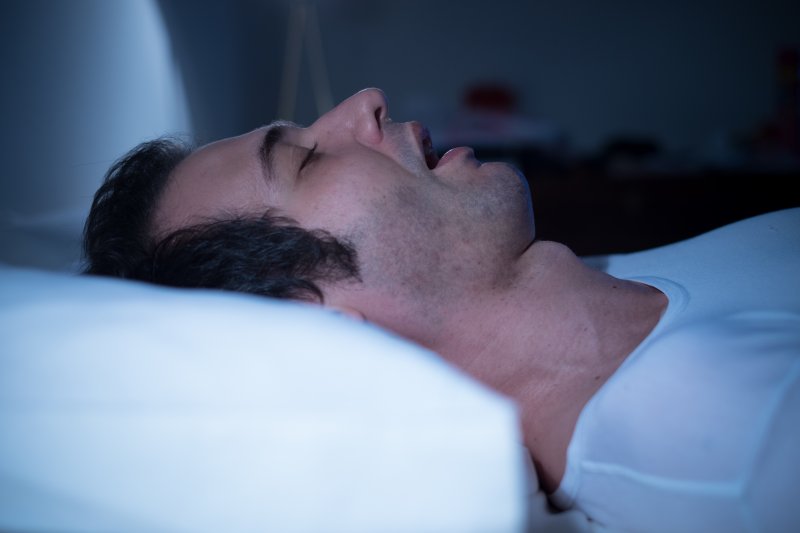
Do you struggle with weight gain? What about diabetes or another type of preventable disease? While it is easy to blame it on a variety of other issues (i.e. lifestyle habits, diet, exercise, etc.), researchers have discovered it might be tied back to circadian rhythm disruption. When the body isn’t obtaining the right amount of sleep or is experiencing interrupted sleep, this can throw off the internal clock and lead to more and more individuals living with a wide array of common health problems. Read on to find out more about this unique discovery and how it can affect you.
What is Circadian Rhythm?
Circadian rhythm is how your body’s physical, mental, and behavioral changes follow a familiar cycle. For example, sleeping at night and remaining awake during the day is a circadian rhythm. You might be surprised at how much your sleep can influence your body’s rhythm as well as its hormonal changes, eating habits, body temperature, digestion, and the development of certain health conditions, such as:
- Diabetes
- Obesity
- Depression
- Sleep disorders
How Can a Disruption Lead to Problems with Your Health
Whether you suddenly awake in the middle of the night or you have trouble falling asleep, your body’s circadian rhythm is thrown off, causing your behaviors to fall out of line with your normal internal clock. While you would normally “fast” while sleeping, if you wake at 3:00 in the morning, you might find yourself at the refrigerator looking for a nighttime snack.
This change in your body’s normal function can result in the development of various health disorders, most of which are preventable, including diabetes and obesity. Not only does this make it difficult for your body to process sugar correctly, but it can increase your chances of diabetes.
Not to mention the amount of time you might spend on an electronic device of some sort (i.e. cell phone, television, tablet, computer). These wonderful, yet, extremely harmful pieces of technology are causing people to stay awake longer, resulting in the normal circadian and biological clocks to adjust. These blue lights you find yourself entranced with can disrupt the master clock and change many of the habits we were once accustomed to (i.e. eating at a normal hour, forgoing snacking while asleep at night).
According to a study published in the International Journal of Obesity, those who ate later in the evening had a much more difficult time losing weight than those who ate earlier. This suggests that the timing of a person’s meals can dictate how well they succeed with a particular weight loss program.
If you think sleep is underestimated, guess again. Improper sleeping habits or sleeping disorders can be extremely problematic for your overall health. From diabetes to weight gain, while there are a multitude of reasons you can develop these conditions; however, if you aren’t considering how your sleeping patterns might be a contributing factor, maybe it is time you speak to a sleep dentist who can help.
About the Author
When chronic fatigue keeps an individual from resting, it can negatively impact their overall well-being. This is where Dr. Shelley Shults comes in. As a board-certified registered nurse, general dentist, family nurse practitioner, and dental sleep medicine practitioner, she graduated from Wichita State University with a bachelor’s degree in Nursing before going on to spend years working in a variety of nursing fields. In 2001, she graduated from The Ohio State University with a Doctor of Dental Surgery degree before receiving her MATRx certification in sleep apnea in 2013.
Dr. Shults offers a variety of solutions to help her patients achieve better sleep and improved health. To learn more, contact us at (614) 396-9310.
